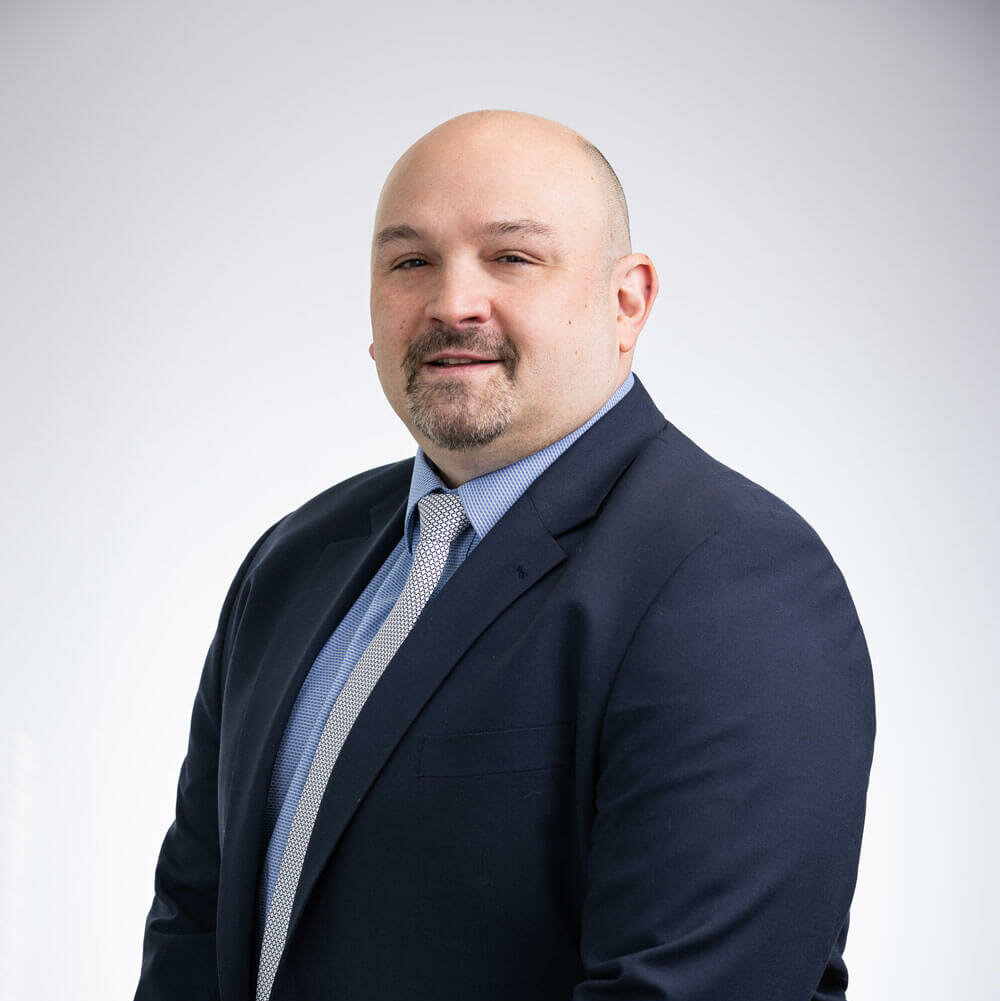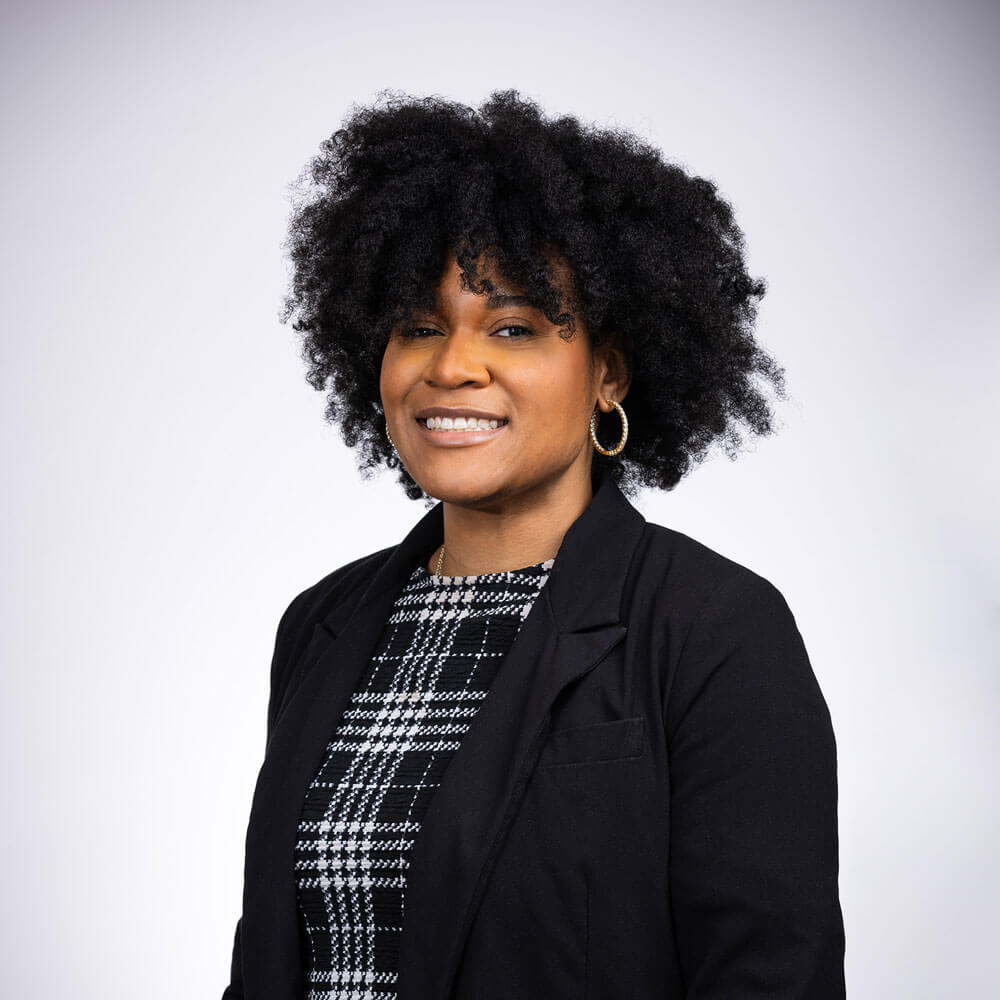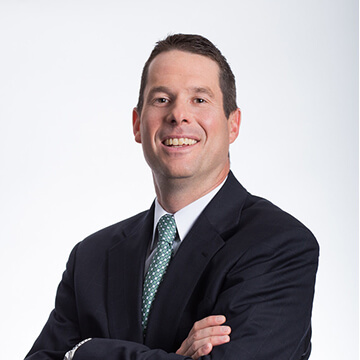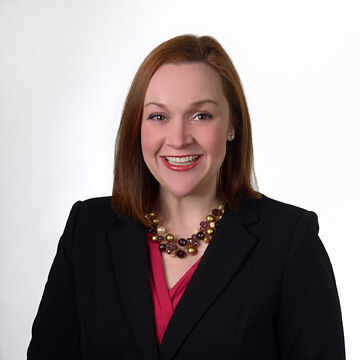Bruno Freitas
Bruno Freitas is a passionate and respected former federal government professional with over a quarter century of combined experience working in the United…
Mia Luckett
Mia Luckett delivers timely insight, detailed research, and federal agency and congressional updates to Lewis-Burke clients. Mia specializes in monitoring and…
Thomas Russell, Ph.D.
Dr. Thomas Russell is Senior Policy Advisor to Lewis-Burke. As a Senior Policy Advisor, Dr. Russell will serve as an independent, non-lobbying consultant to…
Rapid Deployment of COVID-19 Resources and Support for Small and Medium-Sized Firms
The novel coronavirus (COVID-19) pandemic sparked large scale challenges for associations and societies who urgently needed to provide value to their members…
Forging Meaningful Partnerships
Lewis-Burke has worked closely with a major research university on its partnership with other universities and a large corporation to build an Advanced…
Seeking Opportunities and Capitalizing
Lewis-Burke was aware of the development of a provision in the 2018 tax bill to create Opportunity Zones, or census tracts with high unemployment rates, to…
Reed Skaggs, Ph.D.
Dr. Reed Skaggs, Lewis-Burke’s dynamic Chief Strategy and Business Operations Officer, combines a Ph.D. in Physical Chemistry with decades of…
Bridget Krieger
Bridget Krieger is a trusted advocate on Capitol Hill and a champion for federal research agencies, most notably the U.S. Department of Agriculture (USDA) and…




